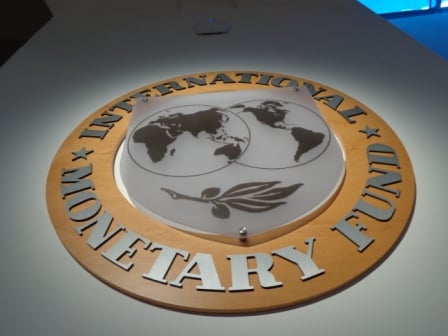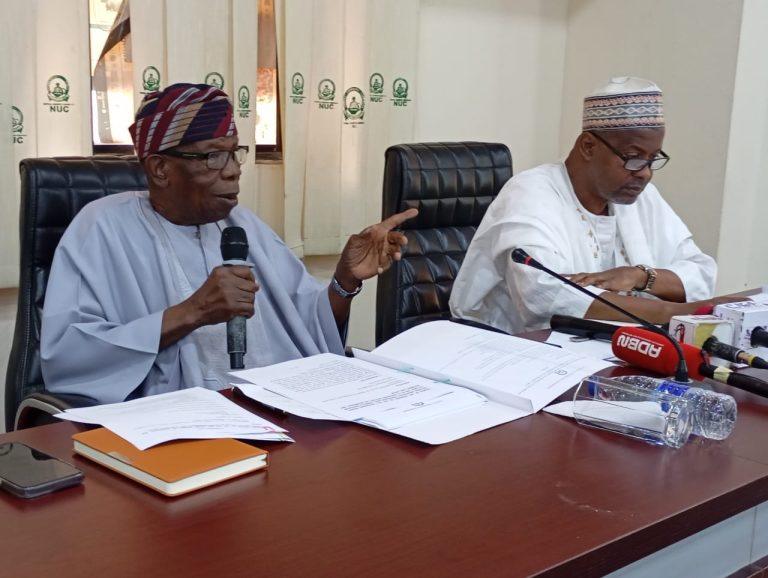
Libya’s energy subsidy reform has gained rare support from both secular and religious leaders. They agree that gradual reform is essential to stabilizing the country’s economy. Rising subsidy costs have drained public funds, and leaders believe a measured approach will reduce financial pressure without harming citizens.
Officials and scholars said reform must happen step by step to avoid shocks. They stressed the importance of protecting vulnerable communities while reducing unsustainable spending. Both sides highlighted the need to balance fairness, economic stability, and social protection. They agreed that careful planning can reduce risks and build trust.
The energy subsidy system has long been a source of debate in Libya. While subsidies were designed to make fuel and electricity affordable, the policy has grown costly. Misuse and smuggling have also increased, creating financial losses for the government. Leaders now see reform as the only way to address these challenges.
Economists explained that removing subsidies too quickly could lead to inflation. Higher prices for fuel and electricity would strain families and businesses. That is why Libya’s energy subsidy reform will focus on gradual steps. The goal is to protect daily life while cutting wasteful spending.
Religious leaders supported the idea, noting that fairness and justice must guide every decision. They argued that subsidy reform should not punish the poor and must reflect shared social responsibility. Secular leaders agreed and emphasized that reform should support growth and reduce inequality.
The government has been under pressure to find solutions as subsidy costs rise every year. Officials believe gradual changes will free resources for education, healthcare, and infrastructure. They also hope the reform will encourage investment and create more jobs. Citizens could benefit from better services if funds are redirected wisely.
Experts suggested using digital systems to ensure subsidies reach only those in need. They recommended expanding social safety nets and offering targeted financial support. This approach would prevent hardship for families and reduce opportunities for corruption. Transparency and monitoring were described as vital to success.
The agreement between secular and religious voices was seen as a sign of progress. Leaders have often disagreed on major issues, but they now stand together on reform. This unity could help the government build wider public support. It also sends a strong message that the reform is necessary and fair.
Citizens remain cautious but hopeful. Many understand the strain subsidies place on the budget, and they want more efficient use of public money. Some fear price increases, but the promise of gradual steps and protection for vulnerable groups has eased concerns.
Government officials plan to hold community meetings and explain each stage of reform. They will listen to feedback and adjust policies when needed. Clear communication is expected to reduce fear and build cooperation. Leaders believe this inclusive approach will help ensure success.
In conclusion, Libya’s energy subsidy reform has created a new space for unity between secular and religious leaders. Their joint support offers hope for a smoother transition and a stronger economy. With gradual steps, careful planning, and protection for the most vulnerable, Libya aims to reduce waste and build a sustainable future.



